

—By Yodit Hylton, Honorary Consul for Ethiopia in Jamaica
Ethiopia is the only country in the world that celebrates the Meskel Festival as a national holiday.
The word “Meskel” in the ancient Ethiopian Ge’ez language means “Cross.” Also, this ancient festival is known in Ethiopia as the “Finding of the True Cross”, and is celebrated among Ethiopian Orthodox churches.
This festival traces its roots back over 1,600 years and has been celebrated with the same level of enthusiasm and excitement since then. It is held annually on Meskerem 17th in the Ethiopian calendar (September 27th Gregorian calendar), at the iconic Meskel Square, named in honour of the festival, located in the heart of the capital city, Addis Ababa.

This colourful festival is not only celebrated as a public holiday in Ethiopia, but has been inscribed as UNESCO’s world heritage festival as an Intangible Cultural Heritage of Humanity. Many visitors and tourists from around the world travel to Ethiopia to experience this phenomenal and colourful festival every year.
The Meskel festival celebration begins on the eve of the Meskel Holiday with the burning of a large bonfire called Demera, a huge standing pyre with Meskel flowers, yellow daisies, tied to the top of wooden branches and bundled together into the Demera.
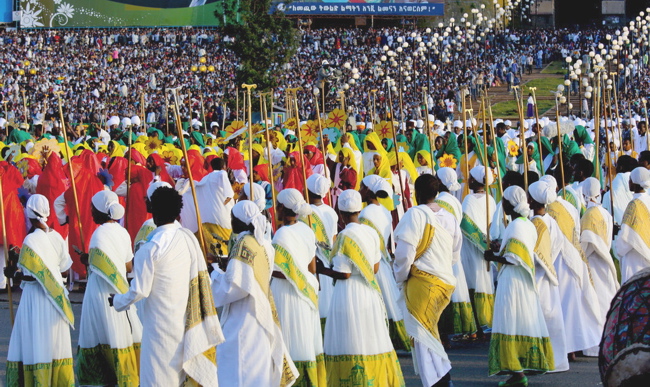
Colourful and traditional processions of Ethiopian Orthodox priests, deacons from many churches around the city, come out in their church traditional robes chanting hymns and prayers, and perform their unique rhythmic dance in front of the pyre along with drums and ornate crosses used in the religious ceremonies.
Senior government officials, diplomats and Orthodox church leaders join in the celebrations of the Demera Ceremony, as well as tens of thousands of people who participate in the celebration with drumming, dancing and prayer.
However this year, the normally large crowd in attendance at the celebration is limited due to coronavirus-related (COVID-19) restrictions.
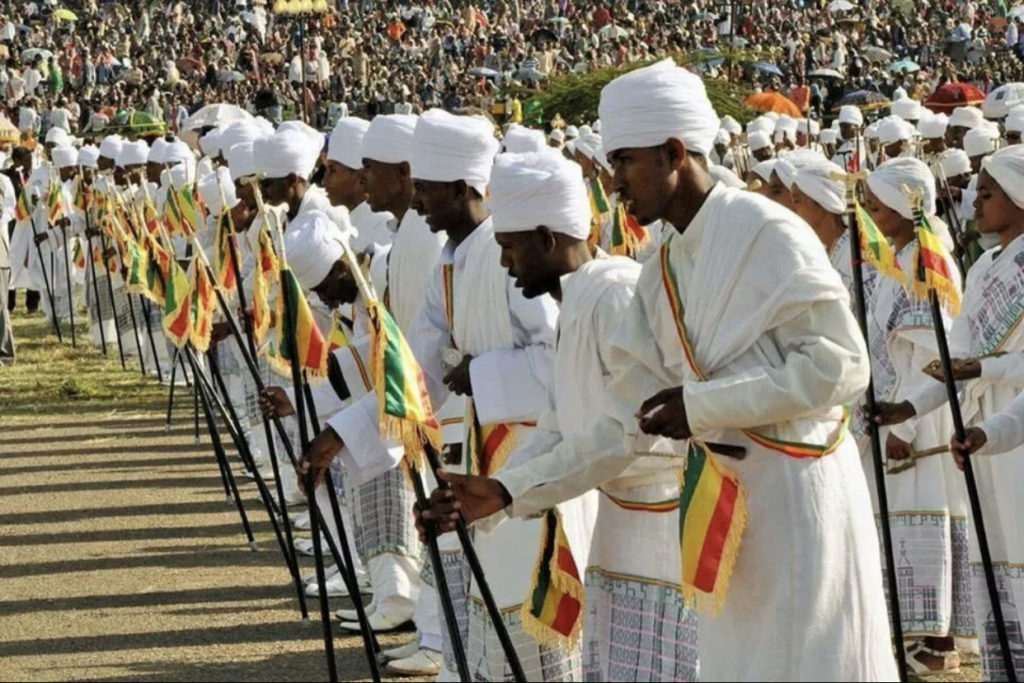
Before sunset, the Demera is lit by Abune Mathias, the Patriarch of the Ethiopian Orthodox Church, setting ablaze the bonfire and referencing the Meskel as a symbol of peace and unity. The Patriarch’s message delivered earlier today at the Demera ceremony, focused on achieving peace and unity among Ethiopian people through forgiveness and love with the embrace of the Meskel.
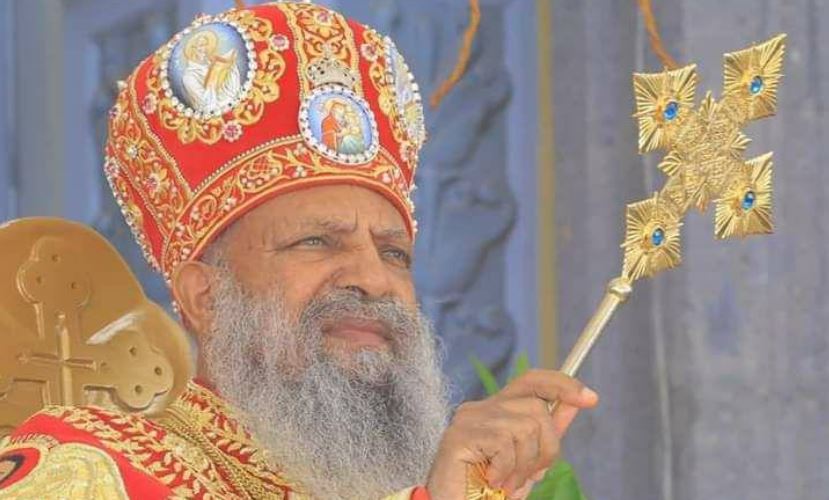
Many Ethiopians believe the bonfire cleanses sins, while others think the direction of the smoke and the way the bonfire collapses can be used to predict the future. Participants of the holiday are also believed to receive spiritual rewards from the Demera celebration and blessings from the Holy Cross.
The celebrations continued into the night to the next day of the Meskel holiday. Traditionally, many Ethiopians who live in the cities return to their villages to celebrate this national event.
The Meskel festival is one of Ethiopia’s heritage to humanity and a symbol of hope to its people in especially challenging times.

This year’s celebration in Addis Ababa, therefore, has elicited the prayers of Ethiopians everywhere for the promise of Meskel to be achieved not only in Ethiopia but among all of humanity!

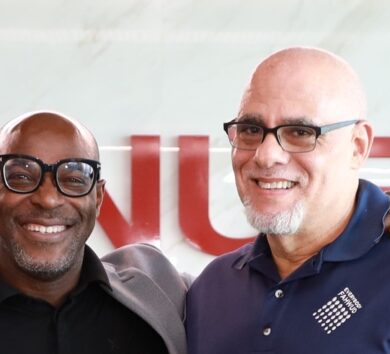
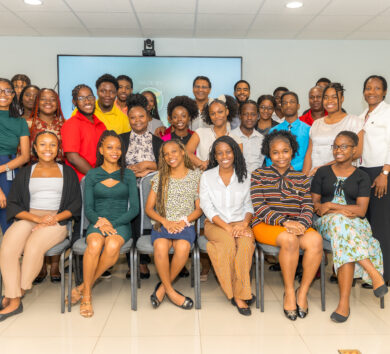


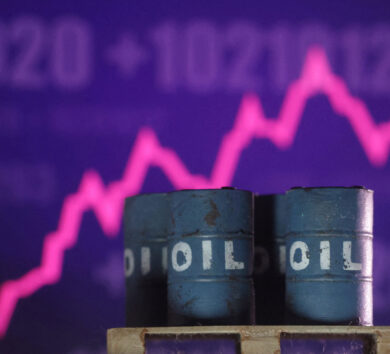
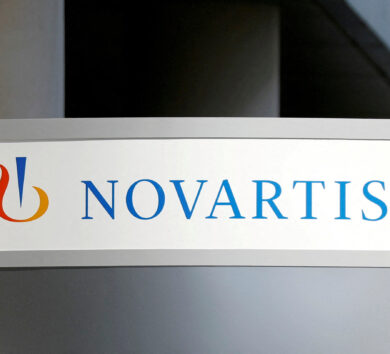
Comments